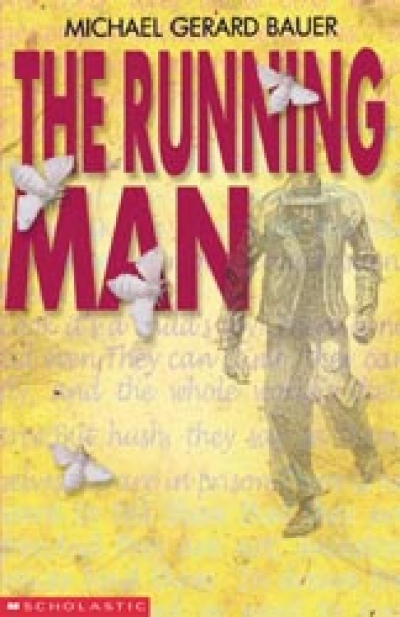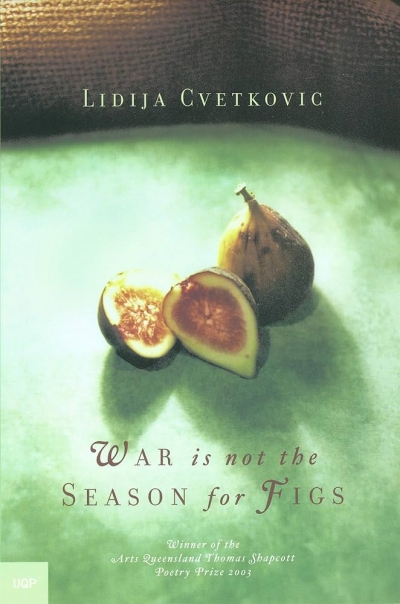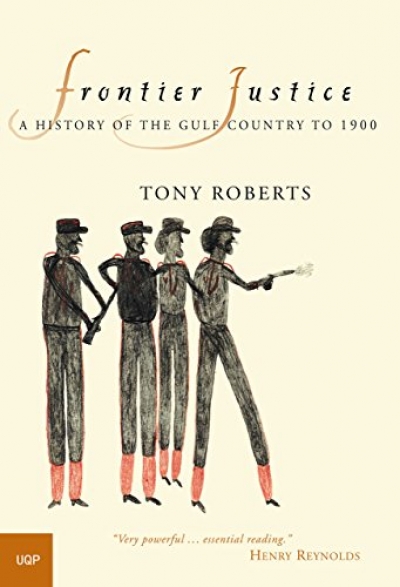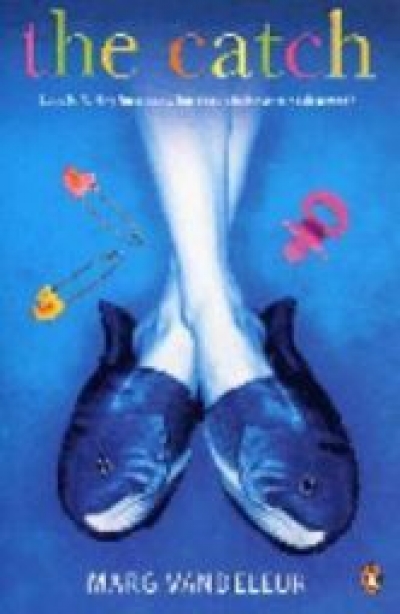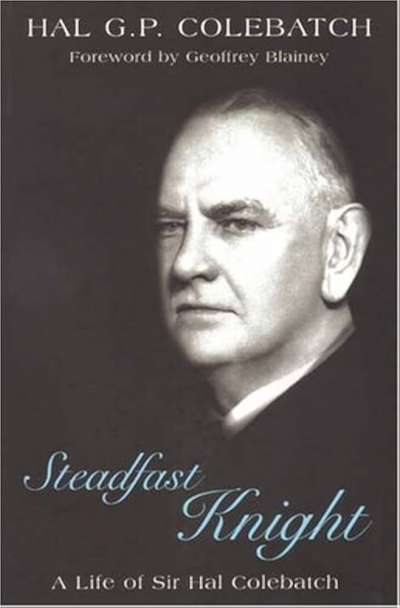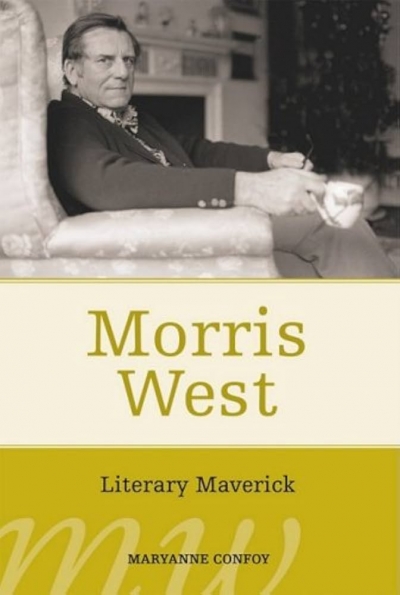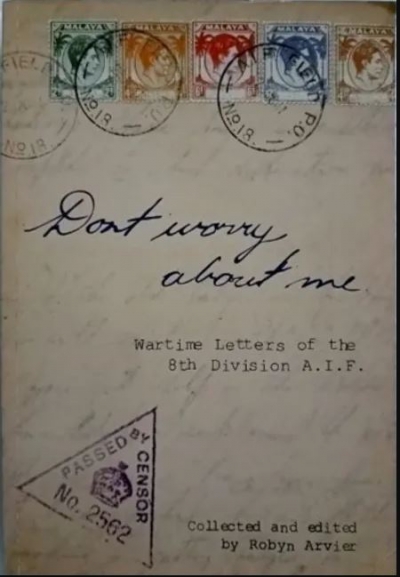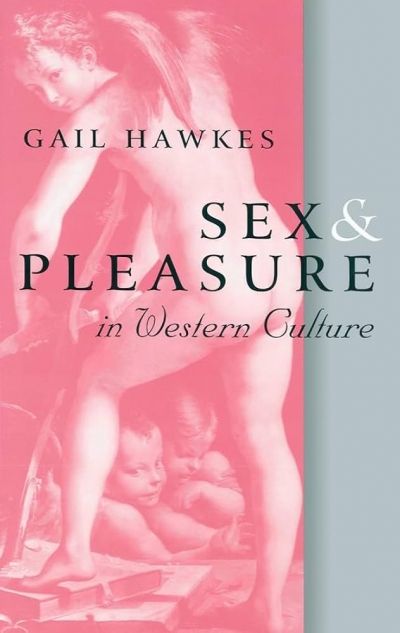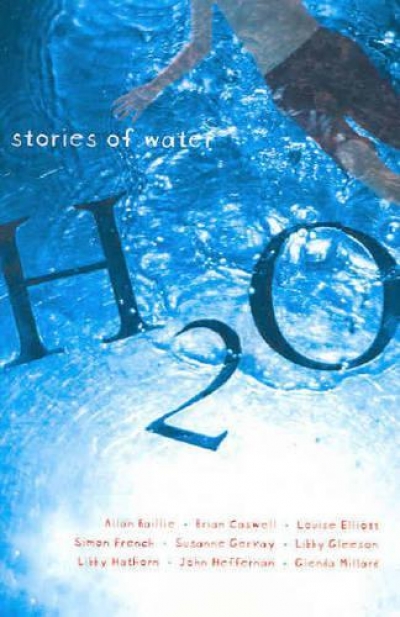Archive
The Running Man by Michael Gerard Butler & By The River by Steven Herrick
by Michael Shuttleworth •
War Is Not the Season for Figs by Lidija Cvetkovic & Modewarre by Patricia Sykes
by Michelle Borzi •
Frontier Justice: A History of the Gulf Country to 1900 by Tony Roberts
by Nicholas Jose •
Steadfast Knight: A life of Sir Hal Colebatch by Hal G. P. Colebatch
by Paul de Serville •
Don't Worry About Me edited by Robyn Arvier & Hellfire by Cameron Forbes
by Rod Beecham •
Fold out evenings, chairs in the street.
‘See Iridium?’ Making out the satellite pantheon:
efficient gods that do return our prayers
(small voices cast across our desert spaces)
like stars —
like Clint Eastwood
riding impassive
through our networks of desire.
... (read more)H2O edited by Margaret Hamilton & And the Roo Jumped Over the Moon edited by Robin Morrow, illustrated by Stephen Michael King
by Sherryl Clark •

